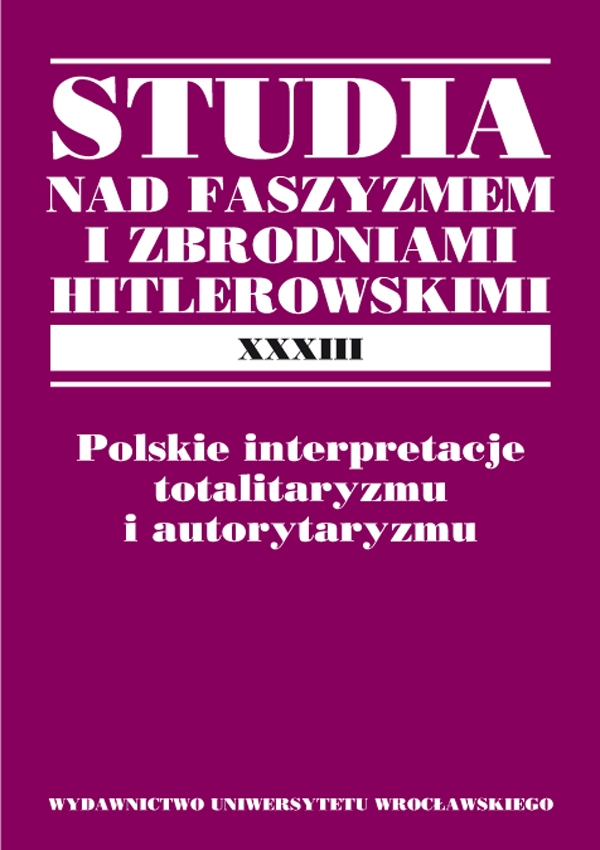

Articles

EVALUATIONS OF COMMUNISM IN POLISH POLITICAL REFLECTION DURING THE 1989–1993 PERIOD
During the 1989–1993 period in Poland it was important for the reflection on Communism that political power and symbolic space was dominated by people deriving from earlier anti-Communist opposition and Solidarity circles. They based their identity and mandate to govern on their resistance against PRL regime. For this reason, they often presented Communism as an absolute evil, perceiving PRL as a totalitarian state. They did it in order to underline their role of moral and political victors over Communism. This kind of opinions infl uenced the negative perception of the inheritors of former system in public life of the Third Polish Republic, fulfilling — to a limited degree — the role of political adhesive in a strongly divided post-Solidarity movement. Because of the negotiated nature of the fall of Communism, former prominent members of Polish United Workers’ Party were also included among new political elites. By necessity, their legitimacy towards participation in public life of the Third Polish Republic had to, on the one hand, refer to the peaceful transfer of power in 1989 and, on the other, correspond with their previous life choices. Therefore, it is impossible to be surprised by their much more favorable judgment of Communism than the one exhibited by the representatives of the former opposition. As a consequence, the post-Communist division, based upon differing political memories of recent past, became one of the foundations of political thought and action, even though there were significant disagreements after 1989 concerning its depth and permanence. While politicians from post-Solidarity circles were inclined to emphasize its significance and stability, politicians of post-Communist camp underlined its cursory and propaganda character. For the latter, the results of parliamentary election of September 1993 served as a confirmation of their position, proving that post-Solidarity parties had lost their struggle for historical collective memory of Poles.